Prevent Memory Loss With Recreation Therapy
If you’re on medication, have had a stroke, or suffer from chronic conditions your memory can be affected. Likewise, if you have diabetes, thyroid problems or high blood pressure you may be restricted in what you can do. This can affect your short-term memory. Apart from medical and natural remedies, Fairview Rehab and Nursing Home in Queens, NY provides recreation and rehabilitation care for patients to prevent memory loss.
Therapy that helps!
After a stroke and other neurological diseases or as people age their bodies slowly deteriorate. The heart becomes less effective at delivering oxygenated blood to all corners of the body. Muscles become weaker and reactions slower. The brain is affected just as much as other parts of our body. Without constant stimulation, brain exercises and recreation therapy our brains begin to lose their ability to function normally. Understanding how our bodies age will help you to prevent memory loss.
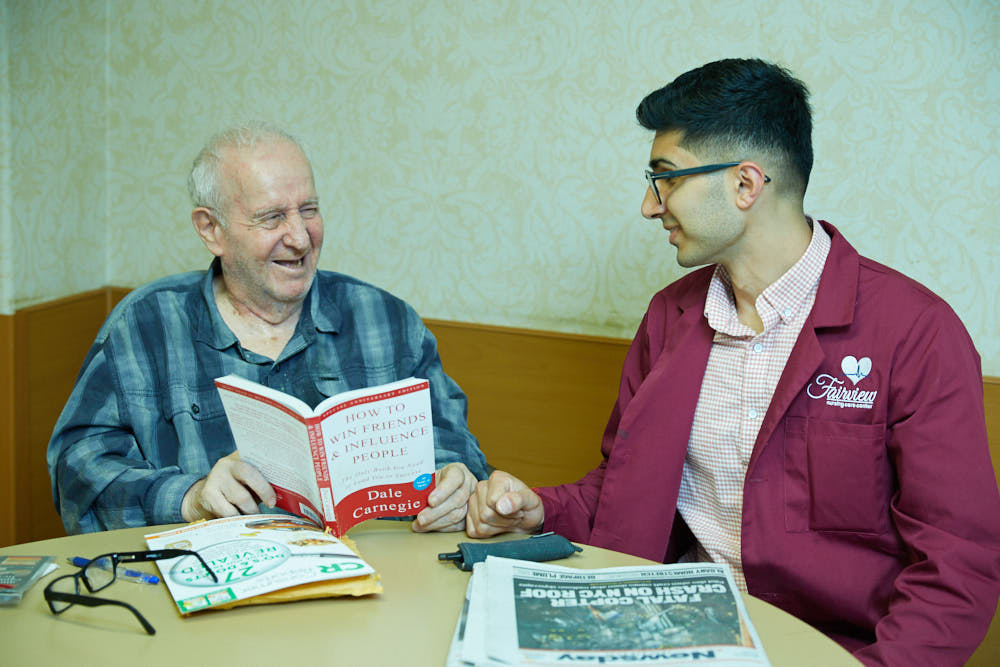
To maintain their dignity and independence it’s important for adults and elderly people to prevent memory loss as much as possible. Forgetting things can be embarrassing and asking for help all the time can be stressful. Here are a few things you should know to help you, or your loved ones, stay in control for longer.
Can you regain memory loss?
Don’t give up hope. It’s perfectly possible to improve your short-term memory, even after a stroke. There are tips and tricks to help you prevent memory loss. Beyond chewing gum or doodling while focusing on a task, there are other more important things you can do.
Stay active
Our bodies and brains are connected. While a healthy body is not always necessary for a healthy mind, staying active certainly helps to prevent memory loss. Our brain cells are likely to function better if we do physical tasks or take exercise. Apart from anything else it helps circulation of blood to the brain. Physical therapy and rehabilitation can help stimulate brain activity. Mental exercises like doing sudokus or crosswords also keep your brain active.
Socialize
As we get older we tend to retreat into ourselves and cut ourselves off from the world. Our horizons and aspirations reduce. But human are social beings. To prevent memory loss, it’s important to talk to other people as much as possible. Group activities like singing or eating together or taking part in games are hugely beneficial. When you take an interest in other people and what they are doing you are stimulating your brain.
Rest before too tired
Periods of rest during the day can help prevent memory loss. If elderly people, or those with chronic conditions, try to do too much their brain doesn’t function so well. They can become confused and disorientated. Taking a nap after lunch, for instance, can help you recharge your batteries for activities later in the day. If you do regular physical therapy to help cure an ailment, take a little rest afterwards.
Sleep well
We all know that we don’t feel good or function properly if we don’t get enough sleep. Getting enough sleep is important for your overall health and well-being. Sleeping soundly helps your brain make new connections and can improve short-term memory loss. Getting into a regular bedtime routine—going to bed and getting up at the same time every day–is beneficial. Sleeping well also means avoiding stimulants such as alcohol or caffeine. Fatty, spicy or heavy food 2-3 hours before bedtime can give you heartburn and keep you awake.
Nutrition
A healthy diet is vital to a healthy body and can help prevent memory loss. Greens, grains, fruit and other non-fatty foods are best. You can often tell if your diet is right because you’ll generally feel better. Eating healthy food in the company of others while having a chat or a laugh is good for you. And it’s good for your brain too. Avoid eating food that you find difficult to digest. Try to eat a nice variety of dishes and snacks. And don’t forget to drink plenty of water.
This article contains informational and educational materials and does not replace health or medical advice. For questions or concerns regarding your medical condition or health objectives, speak to a qualified physician or healthcare provider.
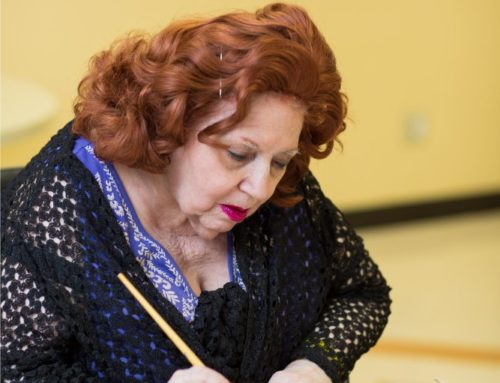
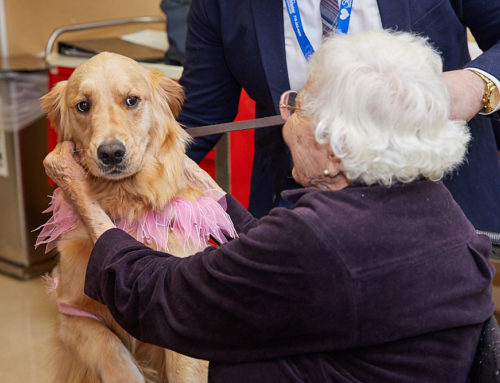
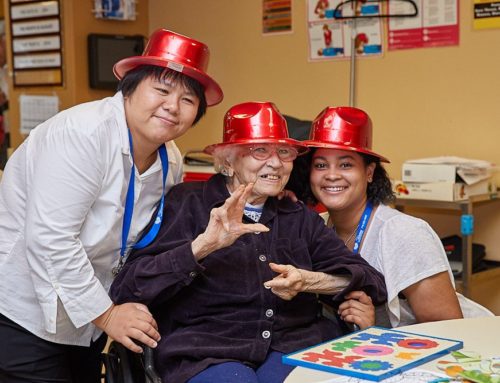
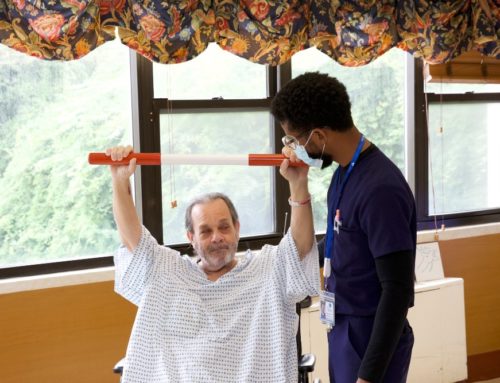
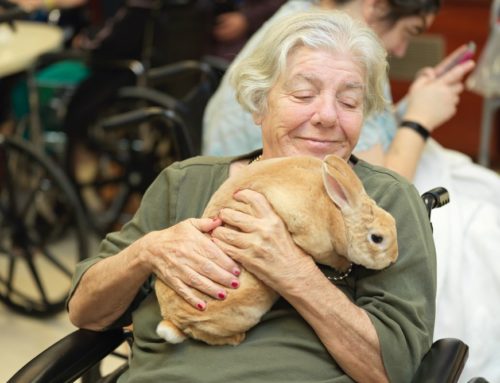
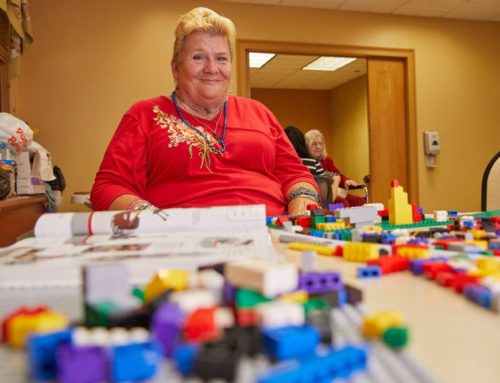
Leave A Comment